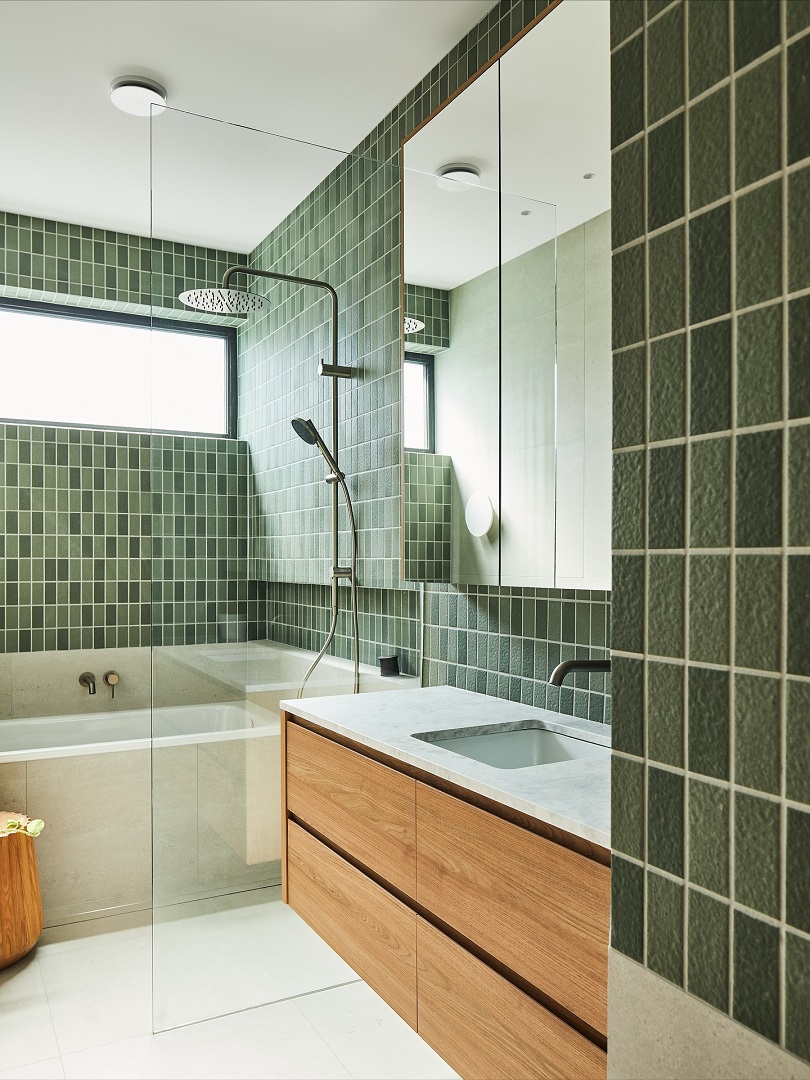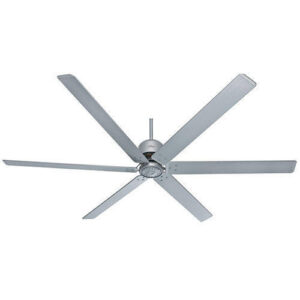
Most people think “energy-efficient home” and jump straight to solar panels, insulation, maybe even airtightness. Windows? They get tossed into the conversation like an afterthought. But here’s the thing—any serious Green Builder in Melbourne knows windows can make or break the whole performance story. And not in a small way. We’re talking major heat loss, comfort swings, noise issues, the works.
If you’re trying to hit real sustainability targets—not the shiny brochure kind but the actual lived-in comfort kind—high-performance windows stop being optional. They become the non-negotiable core of the whole build.
Why Windows Matter More Than People Realise
Look, walls are easy. Roofs? Same deal. You pack them full of insulation, seal up the gaps, and they do their job. But windows… windows are the weak spot. They’re part of the building envelope that actually lets the outside in, whether you want it to or not. Sunlight, heat, cold, noise—all of it moves through glass and frames faster than through anything else in your home.
And this is where many homeowners get tripped up. They get sold on “double glazing” like it’s the magical fix. But the truth is, not all glazings are equal. Some windows leak heat like a cracked eski. Some sweat. Some warp. And some—well, the good ones—cut energy loads so much you’d be shocked you ever lived without them.
The Core Benefits (Without the Sales Pitch Tone)
Let’s break it down. High-performance windows support three things that matter to every client, whether they admit it or not: comfort, efficiency, and durability.
You feel the difference on a 40-degree Melbourne scorcher when the inside temp stays steady without your AC wheezing like it’s dying. Or on those icy winter mornings when you don’t need three jumpers to make coffee. Better glazing controls thermal transfer, simple as that.
Plus, you cut energy bills. Not just a little, but meaningfully. Over the years, it stacks up. Over the decades, it’s huge. And most importantly, your home just feels better. People underestimate the power of a stable indoor temperature until they experience it.
Why Green Builders Don’t Compromise on Glazing
A green builder worth their salt doesn’t slap in standard windows and call it “sustainable.” Doesn’t work. You can have the highest R-value insulation and fancy ventilation systems, but if your windows are junk, the house will still bleed energy.
So when we talk about high-performance windows—triple glazing, quality frames, airtight seals, proper installation—we’re talking about the difference between a house that hits green targets… and a house that just claims to.
A lot of Builders in Melbourne West have already shifted toward higher-performing glazing because, frankly, client expectations have changed. People feel the difference. They care more about air quality, drafts, and condensation. You can’t ignore that shift.
The Cost Question (Let’s Just Tackle It Head-On)
Everybody asks the same thing: “Are high-performance windows worth the cost?” Short answer—yes. Longer answer—absolutely yes. But I get why people ask. Windows aren’t cheap, not the good ones anyway.
Still, when you break down the math, they pay for themselves in lower heating and cooling loads. Not overnight, sure, but steadily. And if you’re building a home to last 50, 70, maybe 100 years (as we damn well should), then skimping on the thing that controls up to 40% of heat loss makes, well, zero sense.
It’s like buying a top-tier espresso machine and filling it with instant coffee. Wrong tool for the job.
Types of High-Performance Windows: A Quick Reality Check
Let’s keep this simple. You’ve got options, right? Triple-glazed, double-glazed with low-E coatings, thermally broken frames, uPVC, high-end timber, and aluminium with proper breaks. Lots to choose from, but the trick isn’t picking the “best one.” It’s choosing what suits the actual climate, building type, and performance target.
Melbourne’s climate swings hard. Hot, cold, windy. So if you’re building here, choose glazing that handles variability, not just extremes. Too many projects still prioritise looks over performance. I get it—nice slim black frames look great on brochures. But if they turn your living room into a sauna every February, was it really worth it?
Installation Matters (Maybe Even More Than the Window Itself)
Here’s something builders don’t talk about enough: installation can make or break even the priciest window. You can spend big on beautiful European tilt-turns, but if the installer uses sloppy foam, forgets air seals, or leaves gaps around the frame, you’ve basically thrown money out the window—literally.
Proper flashing, airtight taping, correct shimming… It’s not glamorous stuff. It doesn’t get Instagram likes. But it’s what prevents leaks, drafts, mould, and noise. And any green builder knows the building envelope needs to work as a whole system, not as a collection of disconnected parts.
Comfort Isn’t a Luxury—It’s Part of Sustainability
People sometimes think green homes are all about the environment. And yes, that matters. But sustainable living is also about how you feel inside your own home every day. No drafts. Consistent temperatures. Natural light without heat spikes. No condensation forming like someone’s boiling water under the sill.
High-performance windows bring real livability to the table. Even sound insulation’s better, which matters more than people say. Especially in busy Melbourne suburbs, where the bin truck seems to come at 4 a.m. sharp.
Conclusion: If You Want a Truly Green Home, Start with the Glass
When you strip back all the marketing noise, the awards, even the certifications, what you’re left with is performance. And performance starts at the windows. That’s why any Green Builder, Melbourne or anywhere else, treats glazing as a fundamental job—not an upgrade.
So if you’re building, or you’re a builder trying to future-proof your projects, don’t cheap out on the one part of your envelope that literally decides how your home handles the outside world. High-performance windows aren’t fancy extras. They’re the baseline for any home that wants to call itself truly sustainable.
